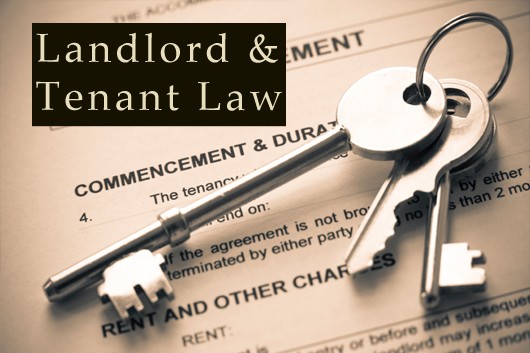Resolving Lease Disputes: Navigating Complex Relationships
Introduction
Leasing an apartment involves intricate agreements, and unforeseen issues can emerge, especially when dealing with property developers and multi-layered contracts. This article delves into the legal intricacies of a situation where the property developer has failed to meet their rental obligations to the owner, leaving the lessee in a challenging position. We'll analyze the legal implications and explore potential solutions.
Background
The lessee entered into a lease agreement with a property developer from January 2020 to November 2020. Simultaneously, the property developer had a separate rental agreement with the owner, effective from June 2019 to May 2020. The property developer has not paid rent to the owner since January 2020, and the agreement between the property developer and the owner has now expired.
Legal Analysis
1. Contractual Obligations:
- The primary legal relationship is between the lessee and the property developer, as outlined in the lease agreement.
- As long as the lessee adheres to the terms and conditions of their agreement, their contractual obligations remain intact.
2. Sublease Agreement:
- In some jurisdictions, sublease agreements are legally binding, and the lessee has the right to occupy the premises as agreed upon with the property developer.
- If the lessee has fulfilled their financial obligations to the property developer, they may be protected under the terms of their sublease.
3. Privity of Contract:
- Lack of communication from the property developer, possibly due to lockdown or other reasons, does not automatically absolve them of their contractual obligations.
- The lessee is not directly bound by the agreement between the property developer and the owner.
Potential Solutions for Issue with Lease agreement with a property developer
1. Communication:
Initiate communication with the property developer to understand the situation. Document all attempts at communication in case legal action becomes necessary.
2. Legal Advice:
- Consult with a legal professional who specializes in real estate law to evaluate the lease agreement, sublease terms, and any local regulations that may apply.
3. Notice to Cure:
- If the property developer is in breach of their agreement, consider sending a formal notice to cure, giving them a specific period to rectify the non-payment issue.
4. Escrow Account:
- Explore the possibility of depositing future rent payments into an escrow account until the dispute is resolved, ensuring the owner receives their due rent.
Read More
Conclusion
In navigating this complex situation, the lessee should prioritize communication with the property developer, seek legal advice, and understand their rights under the sublease agreement. While the owner may request rent payment, the lessee's primary obligation is to the property developer, and any legal action should be taken based on a thorough understanding of the contractual relationships involved.

